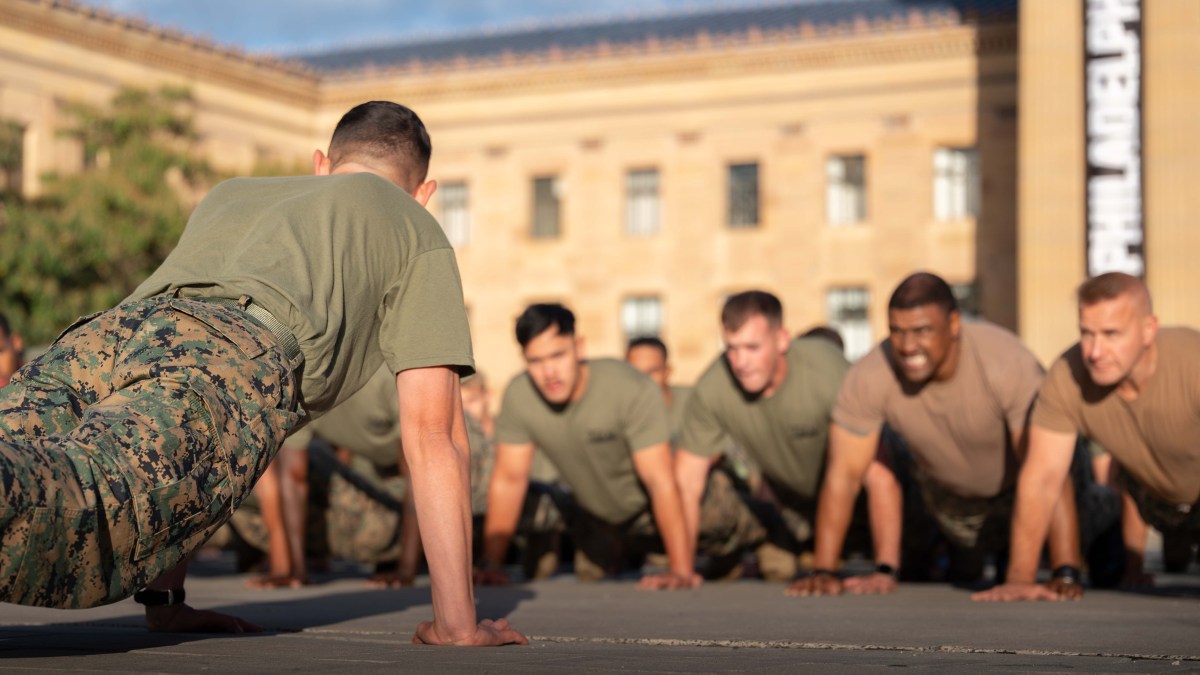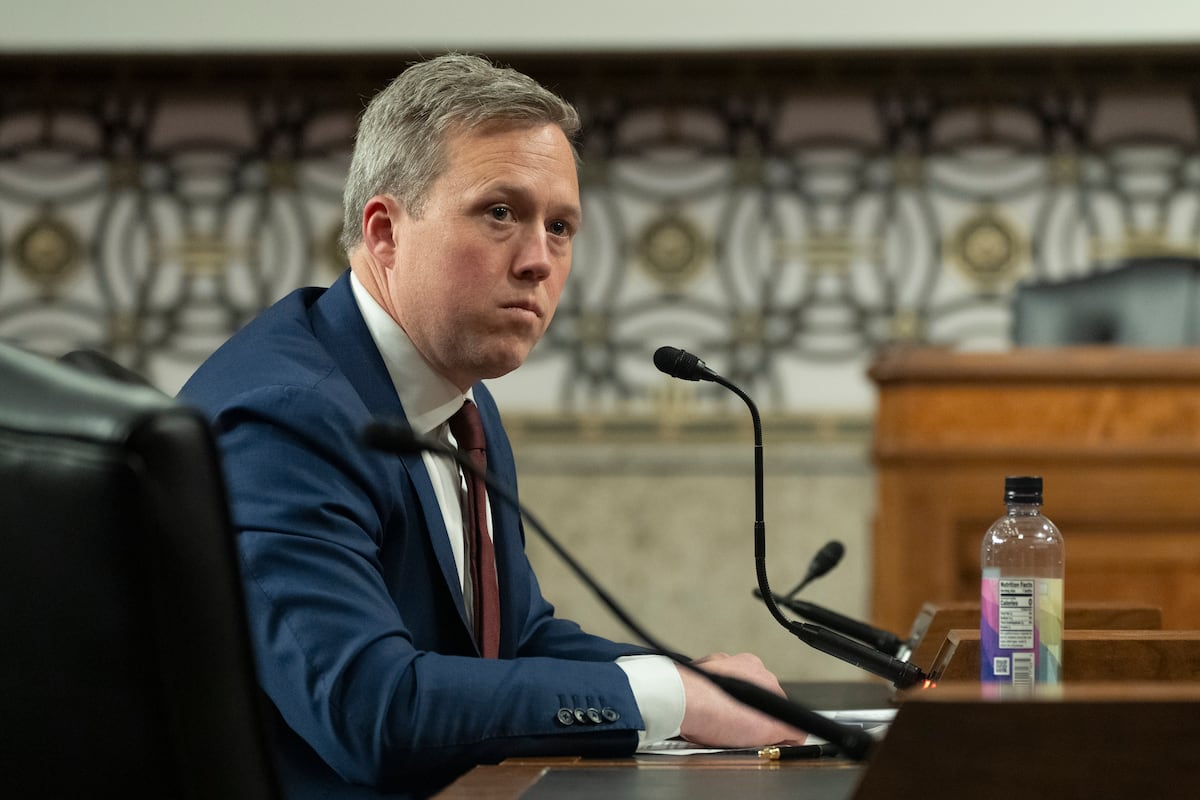Dust hung in the room, a gray film that softened the jagged edges of everything. A toilet lay on its side near the doorway, porcelain splintered like bone. Each concussion from the guns outside sent a tremor through the floor and a slow drift of ash from the ceiling. The air tasted of lime and smoke. Somewhere down the street, a wall gave way, and the sound rolled through the ruins until it dissolved into quiet. I tightened the strap on my helmet and waited for the next barrage.
Out beyond the village, Azov fighters were setting fire to the fields. They mixed gasoline with polystyrene until it thickened, then poured it into jerry cans. The flames caught and spread through the dry grass. From our position we couldn’t see the trenches, only the reflection of the fires flickering against the haze. In that light, something in me shifted: a wire pulled loose that would never quite reconnect.
I spent fifty-five days at the zero line. Others—Ukrainian and Russian alike—have lived there for months or years, their skin etched with mud and sun. For them, war has become the most reliable form of employment. A Ukrainian soldier at the zero line earns between four and five thousand dollars a month; their Russian counterparts are paid roughly the same. When the fighting ends, they will be told to return to ordinary life: to the factories and the farms and the taxi queues. Yet in a world sliding toward automation and short-term work, many will find there is no place left for them.
This war carries the worst habits of the last century into the new one. The artillery never stops. The trenches flood, and the gas burns the eyes. Drones circle like insects, their cameras unblinking. Algorithms select targets, and the results are broadcast in real time. The killing is industrial but intimate. Every death can be watched, replayed, and shared.
The front has become a stage where survival itself is performance.
When the maps finally settle and the diplomats call it peace, the quiet will not hold. Veterans trained to kill efficiently will scatter across the world, carrying their skills to new conflicts. Some will surface in Africa, others in the Caucasus or the jungles of Latin America. A few will join private security firms or criminal networks, selling what they learned in the trenches for a steady wage.
History rarely ends with the last shot. Violence leaves a mark that work and time cannot erase. The Donbas will not stay buried within Ukraine. Scores will be settled, though not through courts.
Rogues always find a new stage after war. One man with a grievance—Gavrilo Princip, a Bosnian Serb nationalist—shot Archduke Franz Ferdinand in Sarajevo and set the world on fire. After the First World War, embittered veterans of the defeated German army gathered in Munich beer halls, nursing humiliation and loss. Their anger gave birth to a new ideology and, soon after, another war.

.jpeg)




















.jpeg)













 English (US) ·
English (US) ·